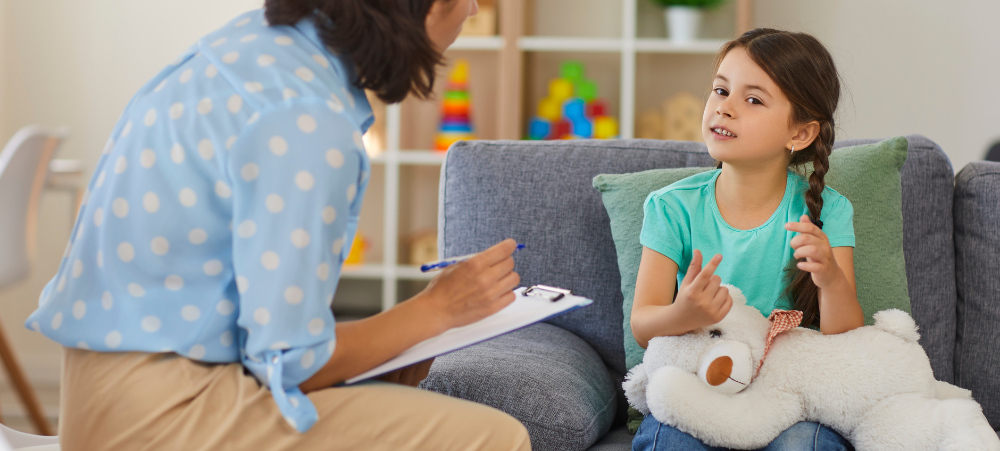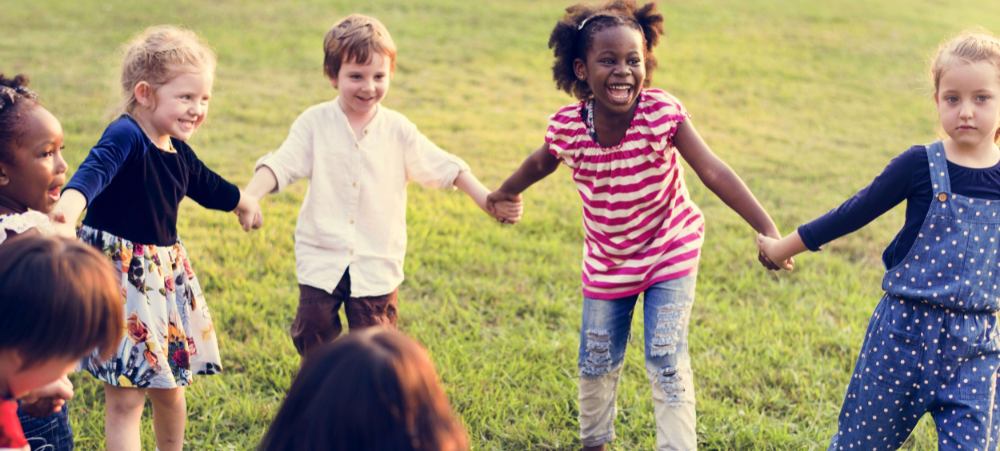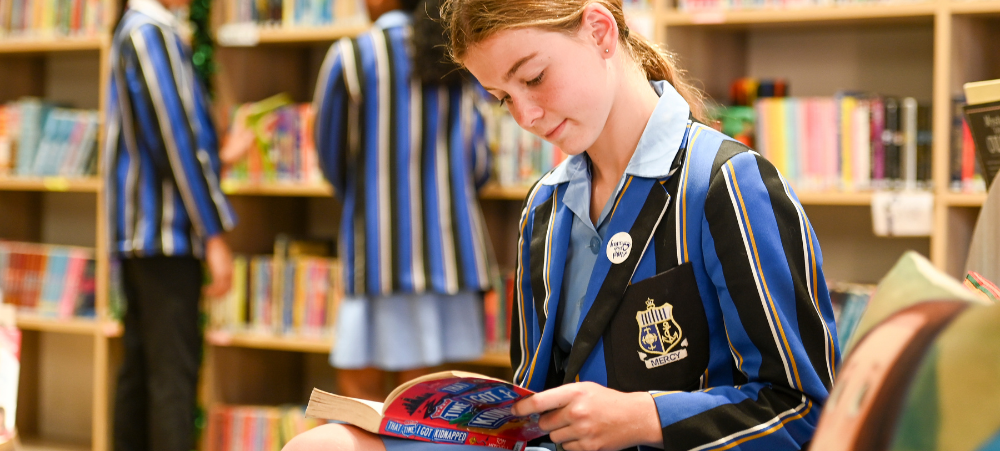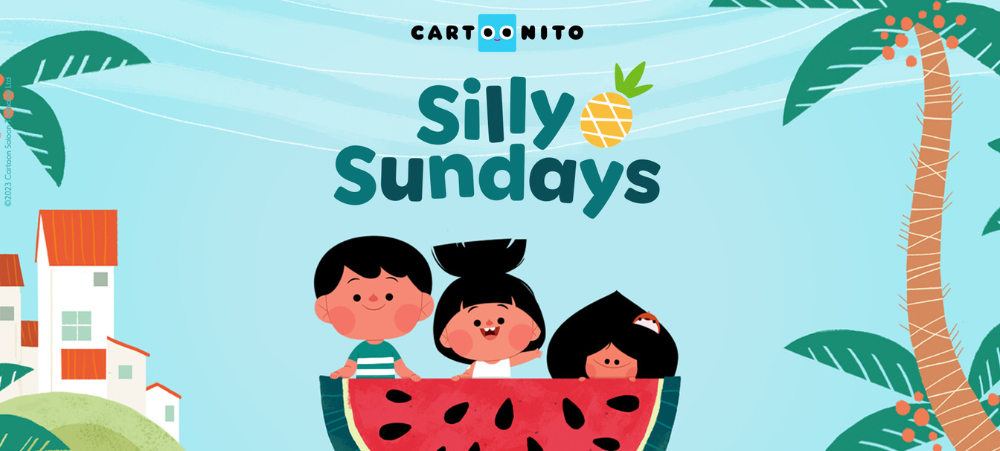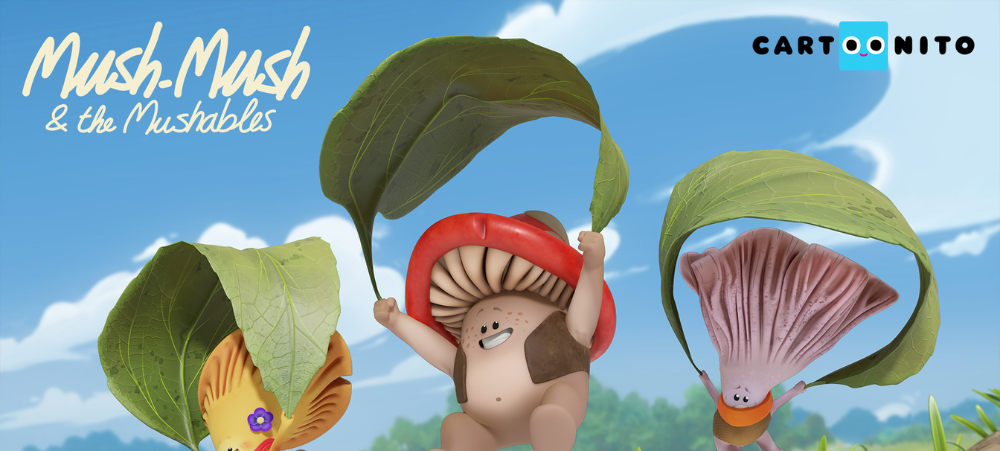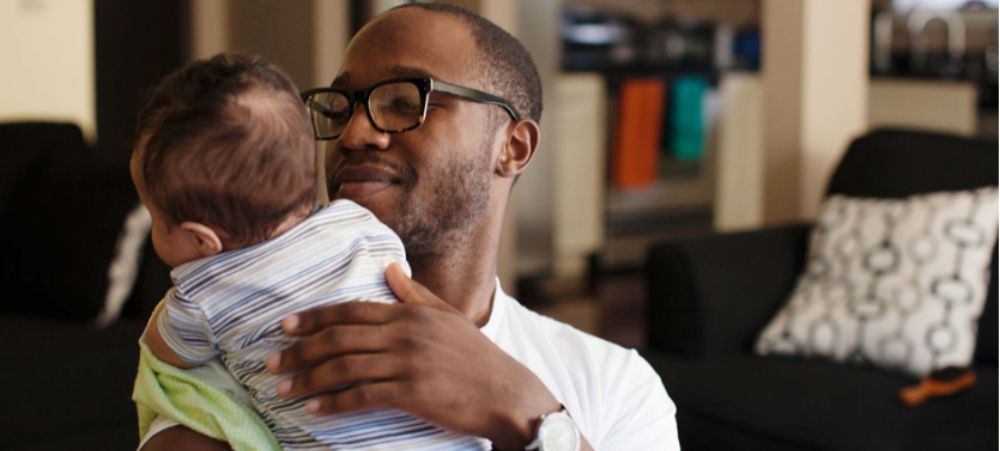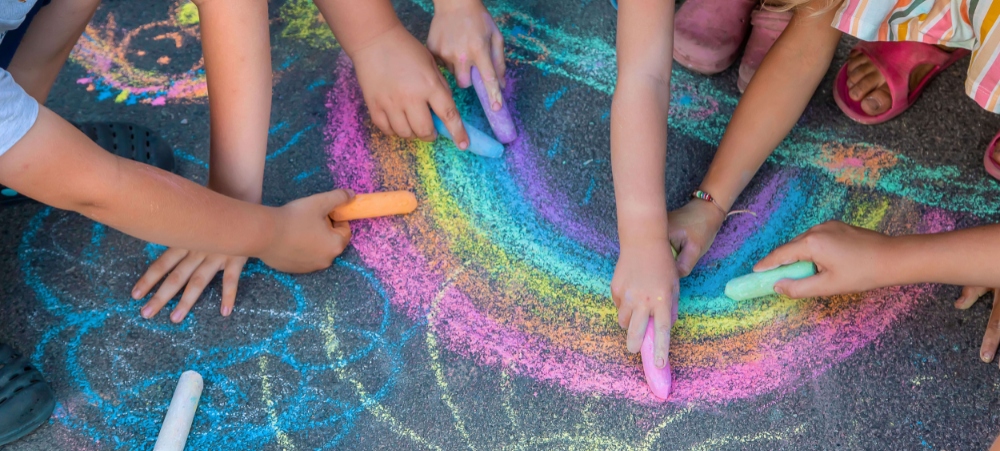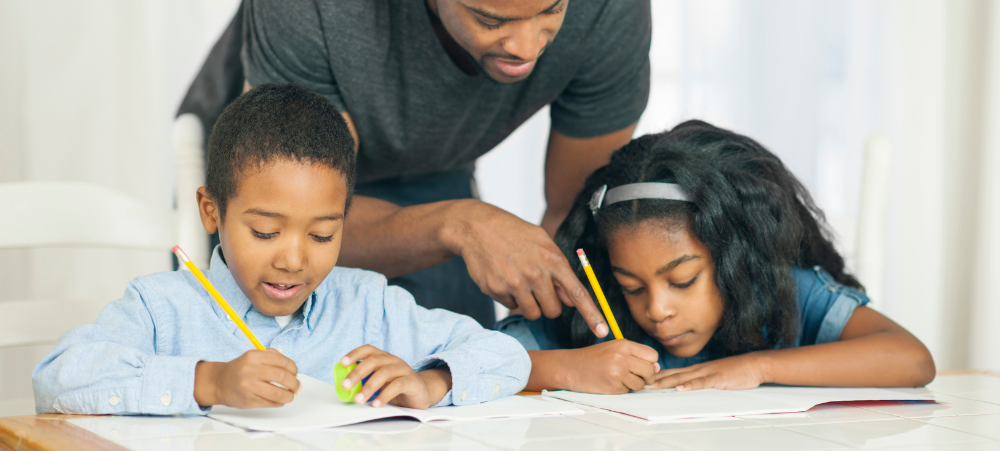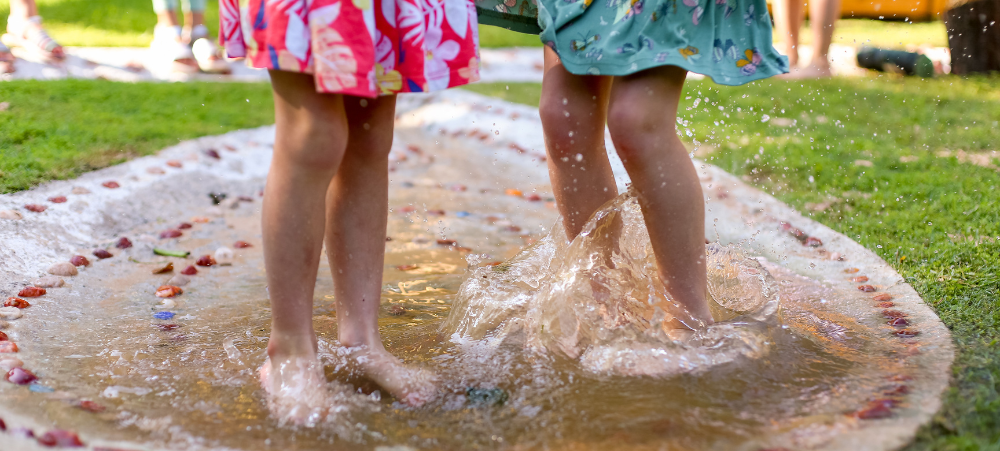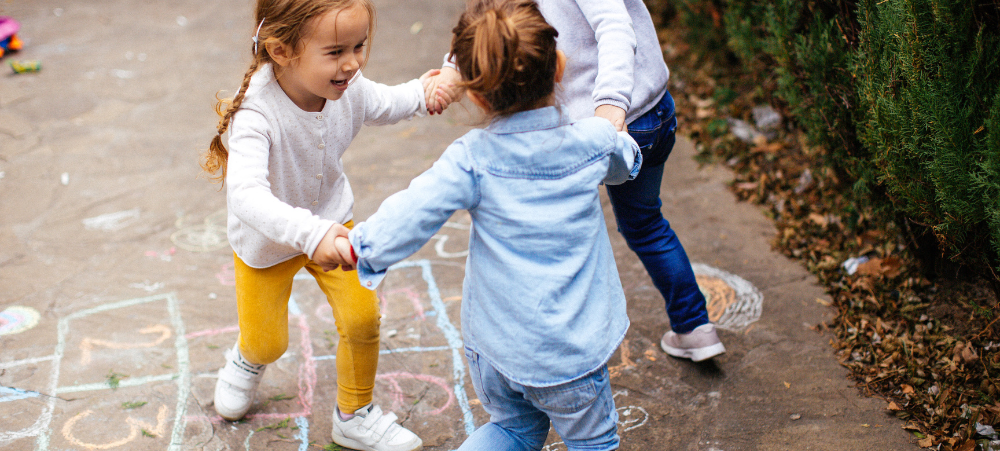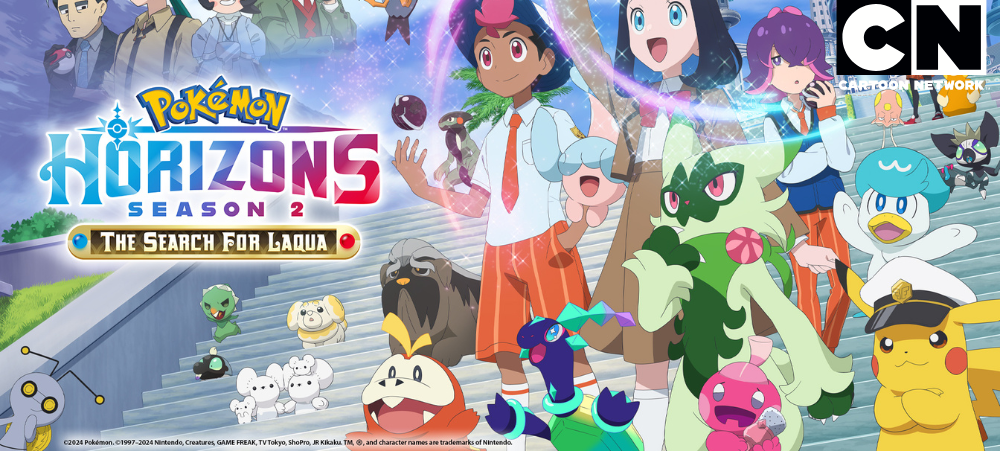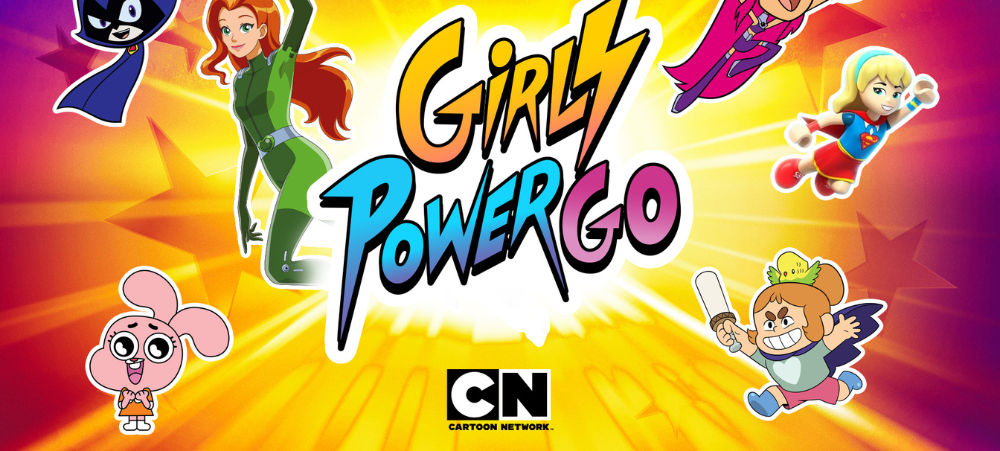Elevate your skincare ritual with the newly launched SOiL Organic Skincare – a premium collection crafted from certified organic ingredients and inspired by the gentle art of aromatherapy. This range features hydrating mists, nutrient-rich serums, and plant-based oils, all designed to support your skin’s natural glow, hydration, and comfort. Rooted in the soothing essence of botanicals, each product is formulated to help maintain moisture, softness, and overall skin wellbeing – offering a simple, natural way to care for your skin, every day. Whether you’re beginning a new self-care ritual or looking to simplify your routine with nature’s finest, SOiL Organic Skincare brings you closer to the beauty of natural balance SOiL Organic Skincare Serums – The glow starts with how you nourish your skin. Discover the beauty of balance with SOiL’s Organic Skincare Serums — a consciously crafted range of oil blends for face, body, and hair. Each formula is rich in nourishing plant oils and aromatherapeutic essential oils, designed to work in harmony with your skin and scalp to support daily hydration, softness, and comfort. Thoughtfully formulated for day, night, and multipurpose use, these certified organic serums bring together the best of nature in every drop — from omega-rich African oils to calming floral distillates. Whether you’re replenishing moisture, restoring shine, or soothing and conditioning after cleansing, each blend delivers a nurturing moment in your self-care routine. Perfectly lightweight yet deeply nourishing, these versatile serums are gentle enough for everyday rituals and suitable for all skin types. Clean, botanical, and transparent — SOiL Organic Skincare Serums invite you to care for your skin and hair with the same integrity that nurtures the earth they come from. SOiL Organic Skincare Day Serum – A lightweight daily serum to balance and nourish with African botanicals.SOiL Organic Skincare Night Serum – A replenishing overnight blend that deeply conditions and revitalises while you sleep.SOiL Organic Skincare Hair Serum – A nutrient-rich, non-greasy serum that hydrates, smooths, and refreshes hair and scalp.SOiL Organic Skincare Vitamin E Serum – A multi-purpose antioxidant serum to soothe, protect, and support radiant skin and hair. SOiL Organic Skincare Facial Mists 100ml Instantly refresh your skin with these delicate mists, crafted from the aromatic waters naturally produced during the steam distillation of certified organic essential oils. Each mist captures the botanical essence of its source, offering a soft burst of hydration and a subtle natural scent. Versatile and uplifting, they can be used as a facial toner, post-cleansing step, scalp or hair refresher, or gentle all-over body mist. Whether part of your morning routine or a midday reset, each mist leaves a sheer veil of moisture — leaving skin feeling lightly refreshed, hydrated, and naturally scented. SOiL Organic Skincare Lavender Facial Mist – A calming botanical mist to soothe, hydrate and refresh the skin and scalp.SOiL Organic Skincare Rose Blossom Facial Mist – A delicate floral mist to tone and hydrate skin for a soft, dewy glow.SOiL Organic Skincare Rose Geranium Facial Mist – A balancing mist that hydrates, uplifts, and restores skin harmony.SOiL Organic Skincare Rosemary Facial Mist – A refreshing herbal mist that clarifies the skin and revives the senses. Discover skincare that honours your skin — and the soil it comes from. Sustainably developed and ethically sourced, the SOiL Organic Skincare range is housed in recyclable amber glass bottles that protect product integrity and minimise environmental impact. Certified organic by ECOCERT Greenlife to the COSMOS standard, this collection reflects SOiL’s deep commitment to transparency, purity, and responsible skincare. SOiL Organic Skincare Serums SOiL Organic Skincare Day Serum 30ml – R299 Moisturise and Balance – Lightweight Hydration with African Oils A fast-absorbing, certified organic facial serum crafted with nourishing African plant oils and botanical extracts. This daily-use formula supports the skin’s natural moisture balance, leaving it feeling soft, smooth, and hydrated. The soothing blend of essential oils adds a subtle, calming aroma that enhances your morning skincare routine. SOiL’s certified organic Day Serum is crafted to complement your daily routine, delivering the best that nature has to offer. Key Benefits Deep Hydration & Moisture Support – Omega-rich oils help maintain hydration for a soft, nourished feel.Supports Skin Balance – Lightweight, non-comedogenic oils support a comfortable, even- looking appearance. Comforting Feel – Formulated with botanical oils often used to reduce the feeling of sensitivity or redness.Antioxidant Care – Features naturally occurring antioxidants to support the skin’s resilience to daily environmental stressors. Smoothness & Radiance – Contributes to a refreshed and revitalised skin appearance. Key Ingredients Baobab, Mongongo, Marula & Kalahari Melon Seed Oils – Rich in essential fatty acids and antioxidants, these indigenous African oils are known for their ability to hydrate and nourish, helping support the skin’s moisture barrier.Jojoba & Apricot Kernel Oils – Lightweight and non-greasy, these oils are frequently used to condition the skin and support natural equilibrium. Clary Sage, Lavender & Rose Geranium Essential Oils – A floral blend traditionally used to help calm the senses and support a balanced skin feel. How to use –After cleansing, mist with a SOiL organic facial mist to hydrate and prep the skin. Apply 3–4 drops of SOiL Organic Day Serum to your fingertips and gently massage in upward motions until absorbed. For best results, use daily. SOiL Organic Skincare Night Serum 30ml – R299 Nourish & Refresh – Deeply Conditioning with African Oils This nourishing, fast-absorbing serum is formulated to hydrate and support overnight skin conditioning. Featuring a blend of certified organic carrier and essential oils—including nutrient-rich African oils—it helps maintain skin softness, support moisture balance, and promote a revitalised complexion. An ideal addition to your nighttime skincare ritual, SOiL’s certified organic Night Serum works in harmony with your skin’s nightly processes. Key Benefits Hydration & Moisture Support – Helps replenish skin moisture overnight.Skin Conditioning – Supports a smoother, more supple appearance.Balancing – Contributes to a well-balanced, revitalised look.Comforting Feel – Gentle botanical oils help reduce the appearance of redness. Lightweight & Non-Greasy – Absorbs easily without residue. Key Ingredients Rosehip Oil – Rich in essential fatty acids and antioxidants, traditionally used to






